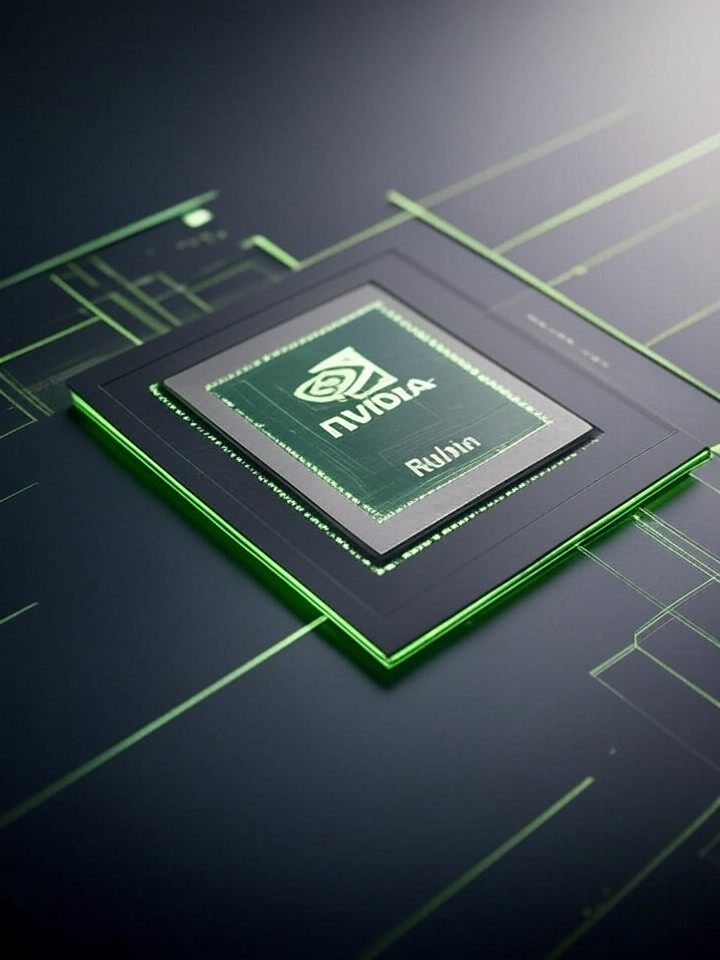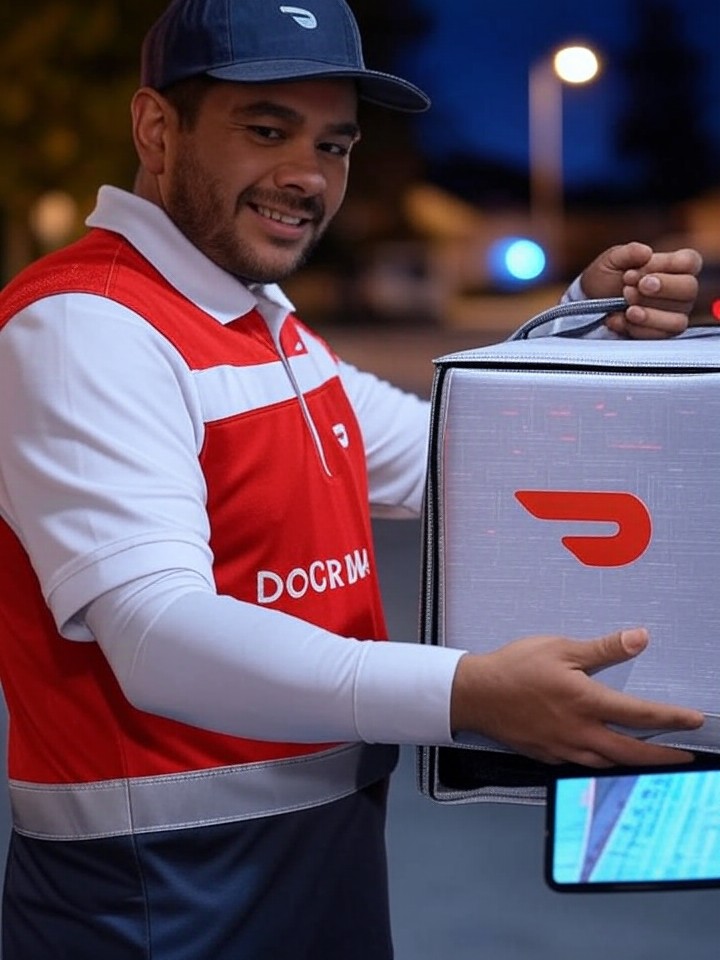Researchers Say AI-Powered Medical Imaging Tech Could Cut Radiation Exposure
Researchers Say AI-Powered Medical Imaging Tech Could Cut Radiation Exposure
Advancements in artificial intelligence are transforming the landscape of medical imaging, offering promising solutions to reduce radiation exposure for patients. Recent studies highlight how AI-powered technologies can enhance image quality and diagnostic accuracy while lowering the amount of radiation required during scans. As concerns about radiation risks grow among patients and clinicians alike, these tools may redefine safety standards in radiology.
AI’s Role in Revolutionizing Medical Imaging
Medical imaging procedures such as computed tomography (CT) and X-rays typically involve exposure to ionizing radiation, which although generally safe in controlled doses, poses cumulative risks. Researchers emphasize that artificial intelligence algorithms, particularly deep learning models, can reconstruct high-quality images from lower-dose scans. This capability means that imaging centers can maintain diagnostic precision without subjecting patients to the standard radiation levels traditionally required.
How AI Reduces Radiation Dose Without Compromising Quality
AI-driven reconstruction techniques analyze images captured at reduced radiation doses and enhance them by identifying and correcting noise or artifacts. For example, studies published in journals like Radiology and Nature Medicine have demonstrated the effectiveness of AI in processing low-dose CT scans. The algorithms learn from large datasets to distinguish subtle structures within the body, enabling clearer visualization even when raw scan data is limited by dose reduction.
One landmark research project from the University of California showed that AI-enhanced CT scans could cut radiation doses by up to 50% while preserving diagnostic reliability. In practical terms, this technology helps reduce patient risks, especially for vulnerable groups such as children and individuals requiring frequent imaging due to chronic conditions.
Benefits Beyond Radiation Reduction
Besides lowering radiation exposure, AI in medical imaging brings multiple benefits. It accelerates image processing times, allowing for quicker diagnoses and improved workflow efficiency. Additionally, AI can assist radiologists by highlighting potential abnormalities, which can reduce human error and enhance overall diagnostic confidence.
Furthermore, AI applications extend to a variety of imaging modalities including magnetic resonance imaging (MRI) and ultrasound, where they support image enhancement and automate routine tasks. This widespread adoption fosters a more patient-centered approach, combining safety with superior clinical outcomes.
Challenges and Future Directions
Despite these advances, integrating AI into routine clinical practice faces challenges such as regulatory approval, data privacy concerns, and the need for extensive validation across diverse populations and equipment types. Researchers continue to refine algorithms to be more robust and generalizable, ensuring safe deployment across healthcare systems worldwide.
Experts advocate for ongoing collaboration between AI developers, radiologists, and regulatory bodies to establish standards and protocols. Such efforts are essential for the responsible use of AI and to maximize benefits for patients without compromising care quality.
Conclusion: Towards Safer Medical Imaging with AI
AI-powered medical imaging technology signifies a major leap forward in reducing patient radiation exposure while enhancing diagnostic accuracy. By enabling high-quality images from low-dose scans, AI helps mitigate risks associated with ionizing radiation, particularly for sensitive populations. Although challenges remain, continuous innovation and careful implementation promise a future where safer, more efficient medical imaging is the norm. The convergence of artificial intelligence and radiology marks a transformative moment, ushering in improved patient safety and healthcare quality globally.
Keywords: AI in medical imaging, radiation exposure reduction, low-dose CT scan, artificial intelligence radiology, medical imaging safety, deep learning image reconstruction.










